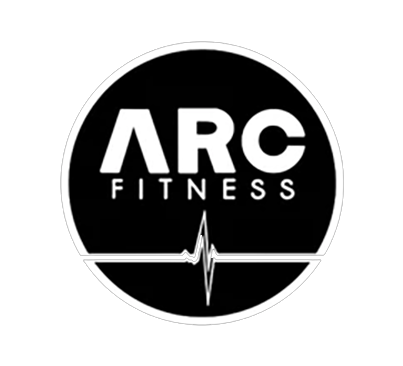No products in the basket.
Arc Fitness, Uncategorized
Benefits of Exercise in Addiction Recovery

Repeat Prescription? Exercise in Addiction Recovery
Eventually, addiction takes a real toll on the human body.
There are indirect physical effects that result as consequences from reckless and risk taking behaviours. I personally experienced; broken bones; dislocated joints; amputated digits; snapped vertebrae.
Also, drugs and alcohol weaken the immune system, damage internal organs and strip the body of the ability to heal itself. I too had to deal with; ongoing stomach problems, endless colds and flu’s as well as damage to my liver and heart.
Exercise can help those on the road to recovery start the process of healing by providing them with physical, emotional even spiritual help enabling them to move forward in their new positive approach to life.
The Role Exercise Plays in Recovery
Exercise can 100{6a401f752cb3568a2d5800cabbf60b88de184f5d248c967e29e47dfca872a621} play an essential role in recovery, I have lived experience of this. Outside of my own experience, researchers have been studying the effects of exercise in the treatment of addictive behaviours for quite some time. It has been shown to be effective in helping those undergoing treatment for drug and alcohol abuse to:
Focus the Mind
Curb Cravings
Restores the Mind/Body Connection
The Physical Benefits
The physical body takes a real hammering when in the throes of addiction. It affects every organ in the body. Some of the physical ailments which may arise include:
HIV, Hepatitis, and Other Infectious Diseases
Cancer
Cardiovascular Effects
Respiratory Effects
Gastrointestinal Effects
Musculoskeletal Effects
Kidney Damage
Liver Damage
Neurological Effects
Hormonal Effects
Prenatal Effects
Other Health Effects
While there are a lot of physical benefits to the body by incorporating physical activity into your recovery, some of the main ones include:
Preventing heart disease
Controlling (or even preventing) high blood pressure and diabetes
Strengthening the heart
Strengthening the bones
Improving immune system responses
Maintaining better brain function
Improving circulation and blood flow
Improving oxygen levels
Aiding digestion
Increasing bone density
Improving agility
More specifically, exercise can help restore health to a body by:
Increasing immunity – Exercise can help build up the immune system.
Controlling Diabetes – Exercise is known to help regulate blood glucose levels and keep weight down.
Promoting intestinal well-being – Regular exercise can help heal the gut and promote better digestion.
Regulates blood pressure – Exercise can help regulate blood pressure, leading to a healthier heart.
The Emotional Benefits of Exercise during Recovery
Exercise doesn’t just make your body strong and fit; it can also strengthen your mind and emotions.
Studies have shown that exercise reduces depression and offers a good way for those in recovery to feel better about themselves while also raising their ‘feel good’ endorphin levels. Regular exercise can also help participants increase their self-esteem and feel better about their self.
More specifically, exercise can help restore health to the mind by lowering stress levels.
Stress can be a real trigger. Exercise offers an outlet to get rid of bad feelings and work through daily tensions before they build up. According to the stress-management specialists at the Mayo Clinic, exercise can help alleviate stress by:
Helping participants work off bad feelings
Improving Mood
Improving Sleep
How Much Exercise Is Needed During Recovery?
When it comes to exercise, you can’t add too little – or too much – to your daily routine.
Health experts recommend the average adult to get moving for at least 150 minutes (moderate exercise) or 75 minutes (more strenuous exercise) each week.
In recovery making sure to exercise at least 30-60 minutes each day is only going to increase your ability to handle every aspect of the recovery process more effectively.
Some people find that more exercise helps them focus better on their recovery while also giving their body the physical boost it needs to handle the rigors of detoxification and therapy. A healthy balance will come with time.
Types of Exercises to Try During Recovery
Experiencing the benefits of exercise does not mean that you must hit the gym every morning for two hours or even running for miles every day. Whether you like a brisk walk or gardening in the backyard, or you like something more strenuous like kickboxing or swimming laps, any type of exercise is good for both body and mind (I do highly recommend the ARC Fitness 6 week Recovery Programme though).
Here are a few activities to consider (the list is not exhaustive):
Adopting a regular exercise routine is essential to good health. Give it regular doses of physical activity and the body has a tremendous ability to heal itself. This is very important during addiction recovery.
But more importantly, it can help anyone in recovery experience a smoother transition back into a normal routine.
Get Up.
Get Out.
Get Active.
Watch the Video.
